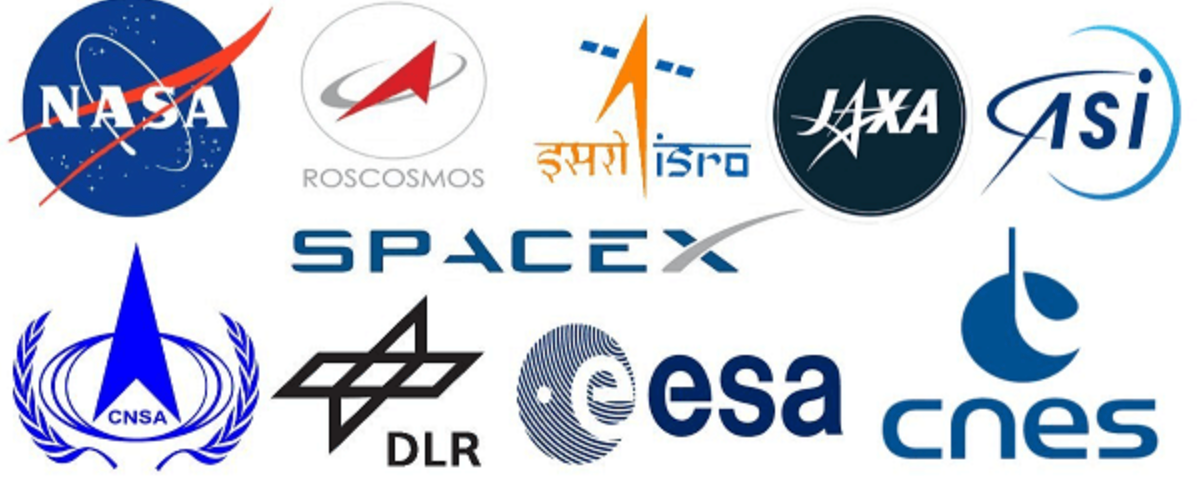Key Considerations For Strategic Defense Hiring in 2025
With increased Government defense budgets, increases in rival private contractors as well as high-tech start-ups, hiring managers in the defense industry must stay ahead of workforce trends to build high-performing, mission-ready teams. While macroeconomic trends like government budgets and global tensions shape the industry’s long-term trajectory, the most immediate concerns for hiring managers are talent shortages with the growing competition for technical skills and security clearance bottlenecks.
Here’s how to navigate these challenges effectively in the coming months:
1. Addressing the Skills Gap in Defense Technology
As defense organizations continue investing in artificial intelligence (AI), cybersecurity, and space technologies, the demand for specialized technical talent is skyrocketing. A growing number of defense contractors are seeking software engineers, machine learning experts, and cyber defense professionals, but competition with the private tech sector is fierce.
What This Means for Hiring Managers
- Proactive Workforce Planning: Start identifying internal skills gaps and upskilling existing employees to meet future demands.
- Targeted Talent Acquisition: Work with specialist recruiters who have access to a pre-vetted pool of engineers and technical professionals.
- Employer Branding for Mission-Driven Professionals: Highlight how defense roles provide a unique opportunity to work on impactful projects that contribute to national security, offering job stability unmatched in the private tech sector.
2. Overcoming Talent Retention Challenges
The defense industry is facing a demographic shift as experienced professionals retire, leaving a gap in critical roles such as systems engineering, avionics, and satellite technology. Meanwhile, younger professionals often gravitate toward commercial tech companies that offer flexible work environments and competitive salaries.
How Hiring Managers Should Adapt
- Enhance Employee Value Propositions: Offer structured career progression, professional development, and leadership training to retain top talent.
- Flexible Work Options Where Possible: While some defense roles require on-site work due to security requirements, companies that introduce hybrid or flexible work policies can attract talent from the private sector.
- Engage Passive Candidates: A significant portion of qualified professionals aren’t actively job-seeking but may be open to new opportunities. Partnering with a specialist recruiter can help tap into these hidden talent pools.
3. Security Clearance Bottlenecks and Hiring Delays
Hiring for roles that require security clearances presents a unique challenge. A top-secret clearance can take anywhere from 6 to 12 months to process, delaying critical hires and impacting project timelines. As geopolitical tensions rise, the demand for cleared professionals is only increasing.
Actionable Strategies for Hiring Managers
- Prioritize Candidates with Active Clearances: Reduce hiring timelines by focusing on professionals who already possess the necessary clearances.
- Partner with Security-Cleared Recruiters: Firms like Axis Talent specialize in placing pre-cleared candidates, accelerating the hiring process.
- Leverage Interim Clearances Where Possible: For urgent roles, consider interim clearance options to get new hires onboarded faster.
4. Competing with Commercial Tech Companies for Talent
Defense contractors are increasingly competing with Silicon Valley for top-tier talent in AI, software development, and cybersecurity. While private tech companies often offer higher salaries, defense organizations can leverage other advantages.
How to Win the Talent War
- Emphasize Job Stability & Mission Impact: Unlike startups that may pivot or fold, defense careers offer long-term stability and meaningful work.
- Offer Competitive Benefits: Compensation isn’t just about salary. Focus on strong benefits packages, bonuses, tuition reimbursement, and relocation assistance.
- Streamline the Hiring Process: Lengthy application and interview processes deter top talent. Work with a recruitment partner to create an efficient, candidate-friendly hiring journey.
5. The Power of Specialist Recruiters in Defense Hiring
Given the complexity of hiring in the defense sector, many hiring managers turn to specialist recruiters to streamline the process. Axis Talent provides:
- Exclusive Access to Security-Cleared Professionals
- Industry-Specific Knowledge on Hiring Trends
- Proactive Talent Mapping & Market Intelligence
- Bespoke Recruitment Strategies for Critical Roles
By leveraging expert recruitment support, defense organizations can reduce time-to-fill, minimize hiring risks, and secure the talent needed to meet national security challenges.
Final Thoughts
The defense hiring landscape in 2025 requires strategic planning, agility, and access to niche talent. By addressing skills gaps, optimizing recruitment strategies, and working with industry experts, hiring managers can ensure they build resilient, high-performing teams ready for the missions of tomorrow.
If your organization is looking to strengthen its hiring strategy, Axis Talent is here to help.
Contact us
today to discuss how we can support your recruitment needs in the defense and space industry.
New Paragraph













